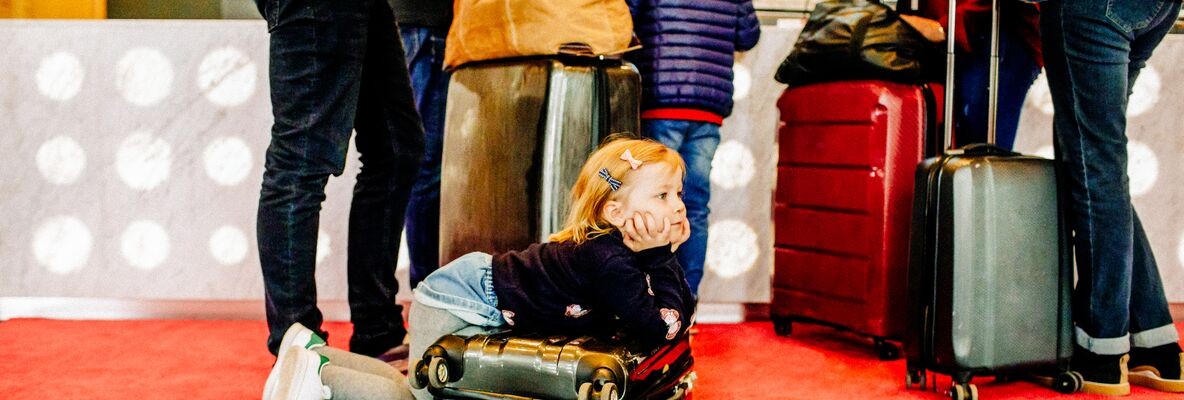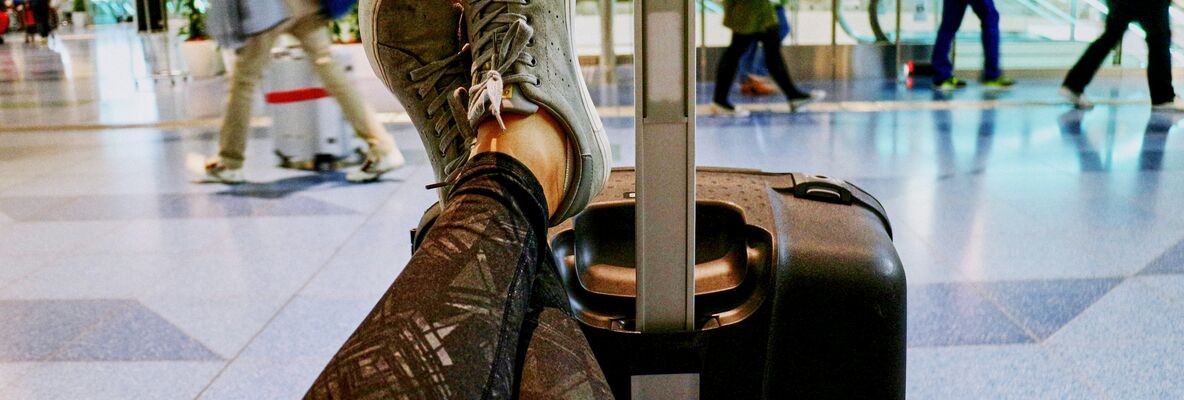We use cookies to enhance your experience. Basic cookies are essential for the proper working of this website. For example, they save your language preferences. They also help us gather anonymous information about the use of our site. More information in our Cookie Policy.
Caps on your spending, bank cards incompatible with local devices, theft/loss, etc. There are many situations that can disrupt your business trips and/or holidays abroad. Don’t panic – MyMoney has all the advice you need!
A few things to check before you leave…
Before you leave, it’s essential that you carry out some important checks:
- Does your bank card work abroad, particularly in the place you are planning to visit? Take a look online or check your online banking application. Generally, the answers can be found there. If not, don’t hesitate to contact your advisor.
- Check the expiry date of your bank card – it’s important that it doesn’t expire during your stay.
- Check the cap on your bank card – for cash withdrawals as well as payments. You can always ask your advisor to temporarily increase your limit.
- Generally, bank card contracts include travel insurance. Take a look before you buy your airline tickets or book your hotel, because they are linked to payments using your card. To be extra careful, sign the back of your bank card and write “show ID”. If your bank card is stolen, this precaution could limit its fraudulent use.
Consider taking the following with you:
- Your bank’s telephone number so that you can have your card blocked if it is lost or stolen;
- The number of your bank card and its expiry date (keep these secure). These may be useful, particularly if your card needs to be blocked.
Choose on-the-spot payment methods
Don’t put all your eggs in one basket! This also applies to the payment instruments available to you.
- Currency: You can change your euros into local currency at your bank or in a bureau de change. Don’t hesitate to compare different rates. When you travel, we recommend that you store your banknotes in several different places (your purse, jacket, backpack, etc.) so that they are not all lost if you are robbed.
- The international bank card: With your Visa Debit or Credit card, you can withdraw cash from an ATM and make payments in stores or online. Nota Bene: withdrawing cash from an ATM is subject to fees.
- Traveller’s cheques : You can also use travellers cheques as a substitute for cash. They are even more secure than cash because if they are lost or stolen, they will be replaced at no cost.Traveller’s cheques allow you to withdraw local currency in a foreign country without having to change coins or notes. They can be exchanged for cash at a bank or used directly as a payment instrument, for example in a hotel or restaurant.
You can obtain these cheques at some banks in Luxembourg or at American Express offices.
As a general rule, whatever financial difficulties you may come up against while you’re abroad, you can always call on your bank. Your bank will advise you on what to do. It will be able to answer all your questions and/or sort out the situation so that your holiday is not ruined.
10/2023
-
Student employees’ rights and obligations

As a student, you might want to make some extra money and gain some paid work experience. Very good idea, but do you know your rights and obligations as a student employee?
-
What formalities to follow at your arrival in Luxembourg

If you have just arrived in Luxembourg or if you intend to come into the country in the near future, one of your first steps will be the opening of a bank account. But which bank to choose?
-
What is the best way to save money when planning a holiday?

Deciding how to spend a well-deserved summer holiday can be exciting. Should you go back to a favourite location, or try something new? But there can be tricky trade-offs, such as whether to decide early and book ahead or wait as long as possible in the hope of finding a better deal.